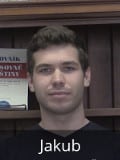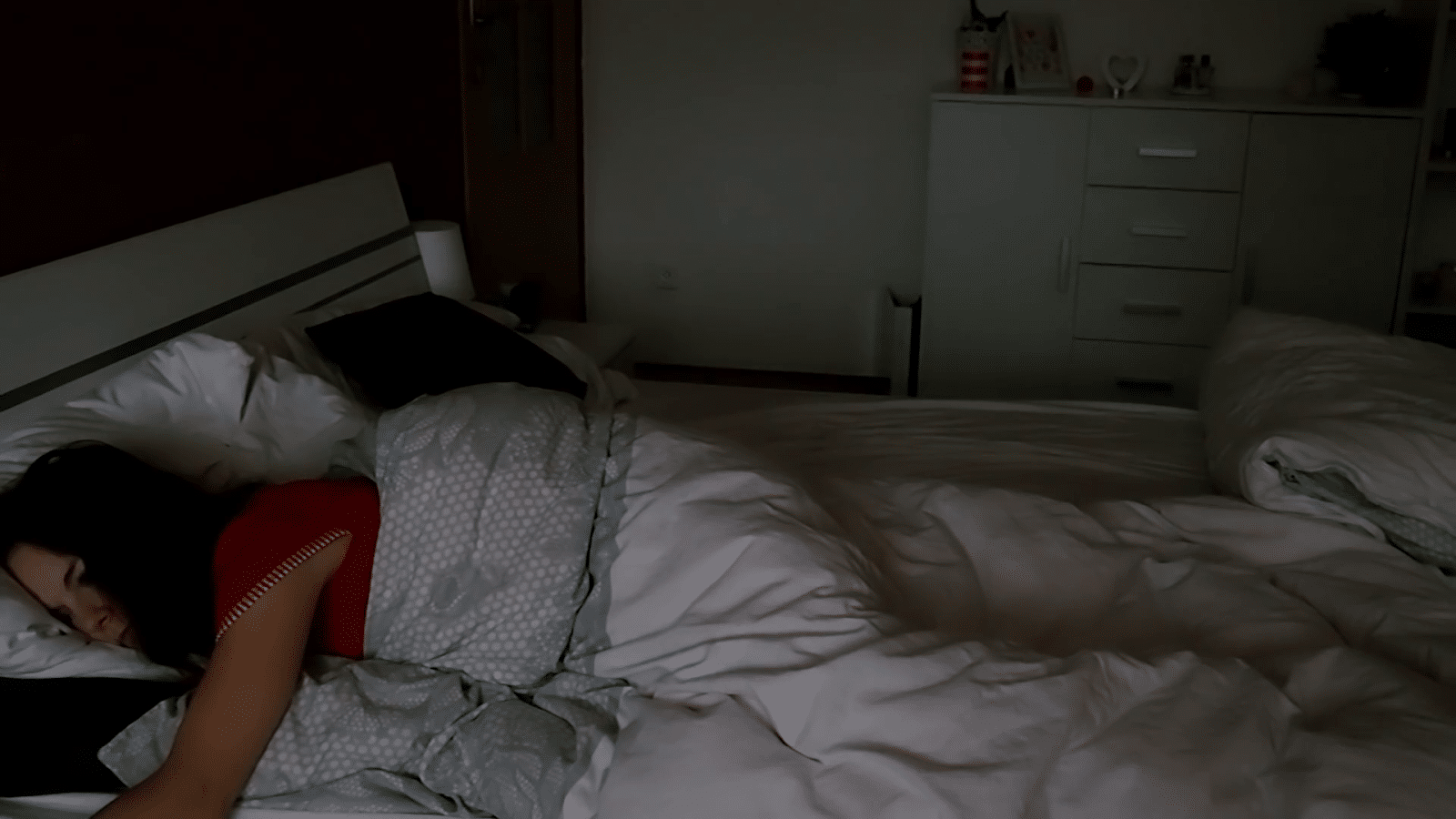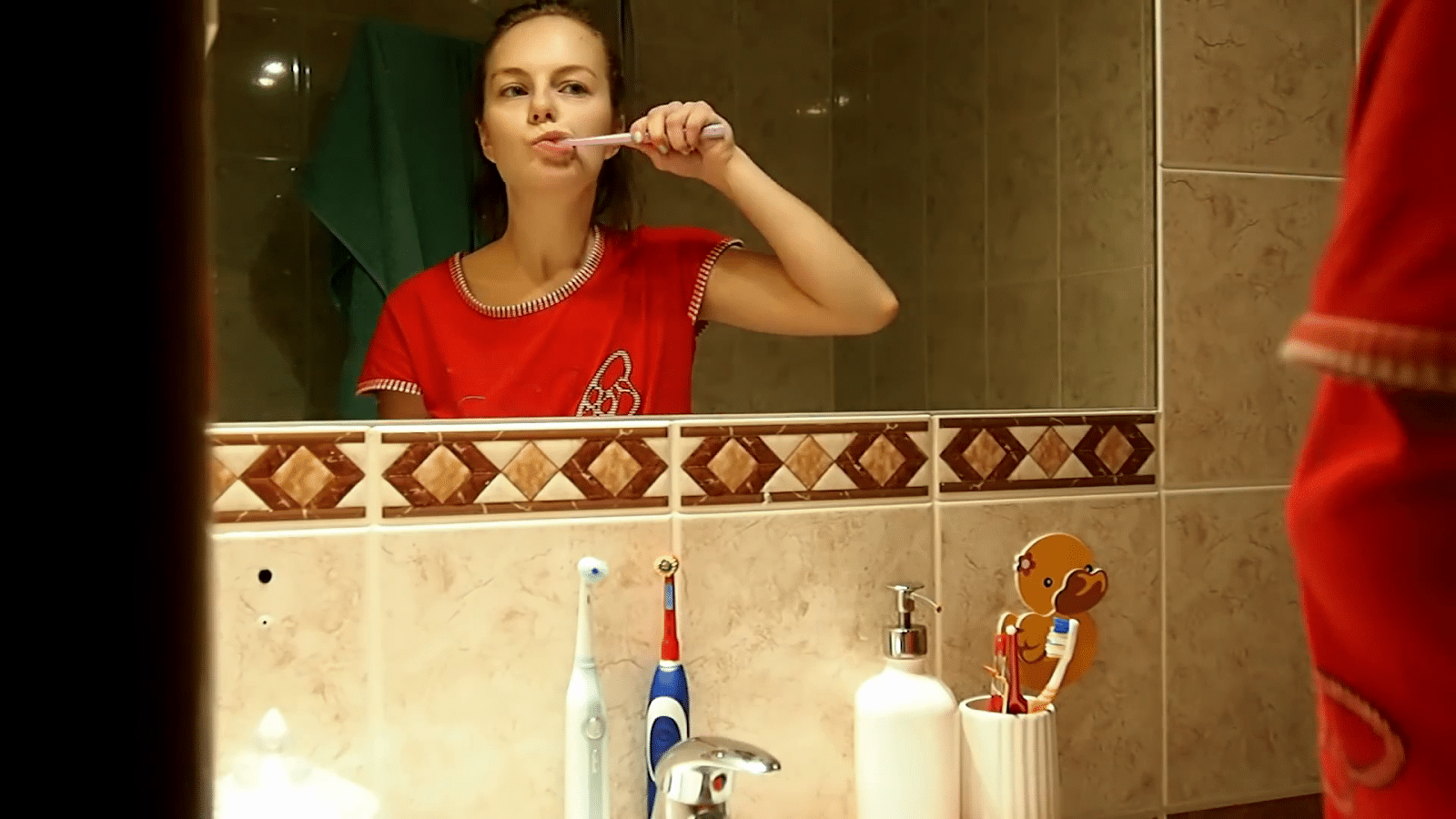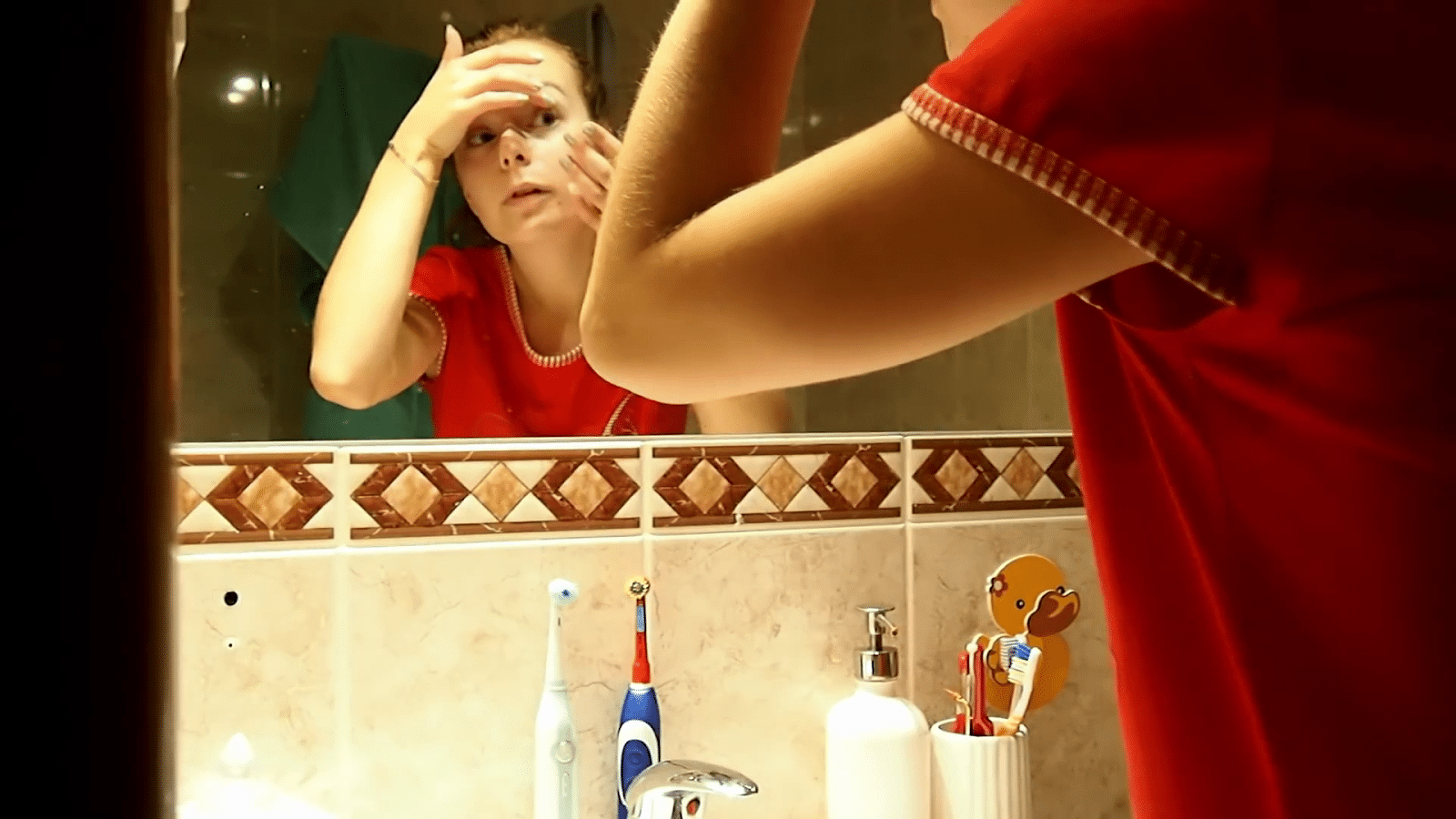7.9 – Additional Notes on Sequences of Events and Aspect
There is a considerable amount of variation as to whether they use the imperfective or perfective in sequences of events in the present tense when talking about habitual events. Compare the following:
|
|
Ráno si vyčistím (pf.) zuby, nasnídám se (pf.), převlíknu se (pf.) a jdu do práce. In the morning I brush my teeth, have breakfast, get changed, and go to work. |
|
|
Ráno si čistím (impf.) zuby, snídám (impf.) a čtu (impf.) si zprávy. In the morning I brush my teeth, have breakfast, and read my messages.
|
|
|
Každý (každé) ráno vstanu (pf.), čistím (impf.) si zuby, nasnídám se (pf.) a obleču (obléknu) se (pf.). Every morning I get up, brush my teeth, have breakfast, and get dressed. |
Martina uses only perfectives, Lenka uses only imperfectives, and then Jakub uses a mix.
The good news is that Czechs will often use either. When you watch the whole video, you’ll find that for most part they use perfectives when talking about their daily routine. However, use of the imperfective is not wrong per se, it just places less emphasis on the completion of the action. As a final note, take a look at Lucka’s narration of her morning weekend routine and her use of perfectives to set off events in a sequence:
|
Já jsem prostě ranní ptáče a i bez budíku se vzbudím někdy i v sedm. |
A tam si jako první samozřejmě vyčistím zuby. |
No a proč tak hrozně mžourám? No protože nic nevidím, takže si nasadím čočky. |
Images used in this document come from these sources.





